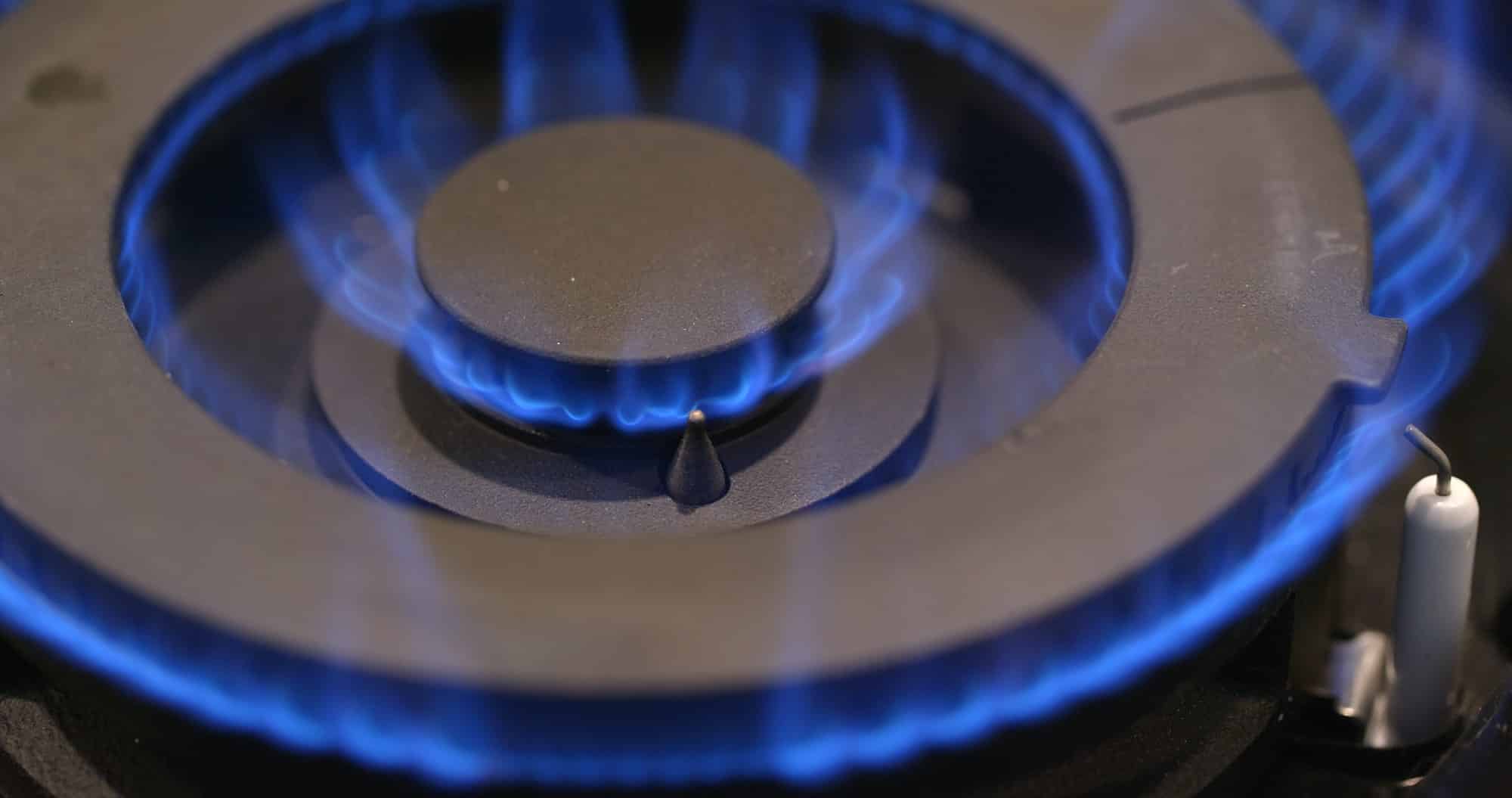Gas consumption in Portugal fell 16.8% in May compared to the last five-year period, surpassing the European target of 15% until March 2023, announced Adene today.
In the 9th progress report of the Energy Saving Plan (EPP 2022-2023), the Energy Agency (Adene) points out that this decrease “was strongly felt in the conventional consumption component, with a reduction of 23.1%, while in the consumption component due to energy production through thermoelectric power plants there was a decrease of 5.2%.
“It should be noted that the consumption of gas in the shopping center sector obtained savings of 44.7% in the accumulated consumption of natural gas and 13.5% in the consumption of electricity,” he highlights.
As far as water efficiency gains are concerned, Adene reports that, in the shopping centers area, the saving was 4.5% in water consumption, while in the water services Management Entities (EG) the reduction reached 4.5% in the average energy consumption per volume of billed water (accumulated consumption from January to April 2023).
With the Portuguese Recovery and Resilience Plan (RRP) dedicated in part to energy, Adene still points out that the measures implemented under the RRP notices are at 39.6% of the target set until the end of 2023 (34.3% for the Support Program for More Sustainable Buildings and 69.3% for Energy Efficiency in Central Government Buildings).
By the end of May, in the area of training and capacity building, 52 actions were carried out, which covered about 927 people. In the area of communication and awareness-raising, 160 actions had been carried out by the end of May, reaching around 2,784,159 people.
“Portugal is 121.3% away from meeting the target set in the 2022-2023 PPE by the end of 2023 (17%),” Adene notes.
Considering the data for April, contained in the 8th EPP 2022-2023 progress report, the global gas consumption had a reduction of 16.0% compared to the historical average of the last five homologous periods.
According to Adene, “this decrease was felt strongly in the conventional consumption component, with a reduction of 23.4%, while in the consumption component due to energy production through thermoelectric power plants there was a decrease of 2.6%.

